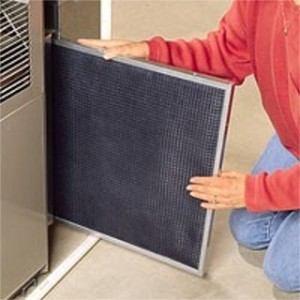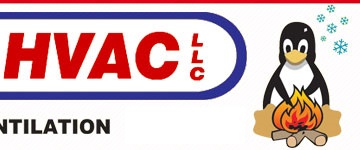Common Components of New Jersey Indoor Air Quality Service
Category: HVAC
 Air within a room or house should always be monitored even if there is no indication that there is a problem. New Jersey Indoor air quality service is a necessity and should be administered at least every six months. Not known to many, air within a room could still be full of contaminants and pollutants, which could bring about a host of various allergies, respiratory ailments, and other health conditions.
Air within a room or house should always be monitored even if there is no indication that there is a problem. New Jersey Indoor air quality service is a necessity and should be administered at least every six months. Not known to many, air within a room could still be full of contaminants and pollutants, which could bring about a host of various allergies, respiratory ailments, and other health conditions.
What You Need To Know About New Jersey Indoor Air Quality
Indoor air should regularly be checked within health care facilities, retail establishments, office buildings, industrial plants, and even homes. One should make sure that the air does not contain chemicals, animal dander, allergens, and harmful microorganisms. Aside from checking for such substances, quality of air inside a room should also be subject to ventilation system assessment.
Air quality service should be administered by certified industrial hygienists. Such professionals know exactly how to assess indoor air. They have the right tools and technologies to conduct different tests and surveys. Most of all, they know just how to handle any concern or risk so that their clients could instantly be advised or warned against possible health risks due to air contamination.
Indoor air quality service is not as simple as it may seem. That is why it should be conducted, facilitated, and performed only by the professionals. It could also involve a wide range of specific tasks. Here are the common components of such service.
Go Pro With Your New Jersey Indoor Air Quality Needs
Comfort and acceptability indexing is the measurement of indoor air humidity and temperature. This task could even determine the level of carbon dioxide within the room using air quality surveys. This activity is made possible using direct reading tools or instruments. Te result of the air indexing survey is usually compared to indoor air standards set by the American Society of Heating, Refrigeration, and Air Conditioning Engineers.
Indoor air exposure concerns usually involve formaldehyde, radon, lead, and asbestos. This service is commonly sought by building owners or occupants, who worry about a possibly extensive list of potential air contaminants. This indoor air quality service is usually based on data about the building’s history and configuration. For possible lead and asbestos contamination, area or building-wide surveys with air sampling should be conducted.
Medical case review is necessary when any or many of building occupants incur medical diagnosis. Occupational physicians and experts could be involved in determining and addressing any medical issue. This service is very ideal when patients are diagnosed with particular health conditions or immune responses that could have been possibly triggered by environmental agents.
Assessing Your New Jersey Indoor Air Quality
Ventilation system assessment is conducted to ensure that indoor air fixtures are in proper and ideal working condition. This task involves checking of ducts for possible blocks, adjustment of blast gates, and evaluation of performance of ventilation systems. The service may target overall indoor comfort based on temperature and air quality.
Lastly, New Jersey indoor air quality service may involve air sampling for potential presence of mold, bacteria, viruses, or other pathogens. Air samples are collected and then analyzed in a well-equipped laboratory for identification of possible unwanted microorganisms that may be present in the indoor air. This task is guided by the standards of the American Industrial Hygiene Association.









